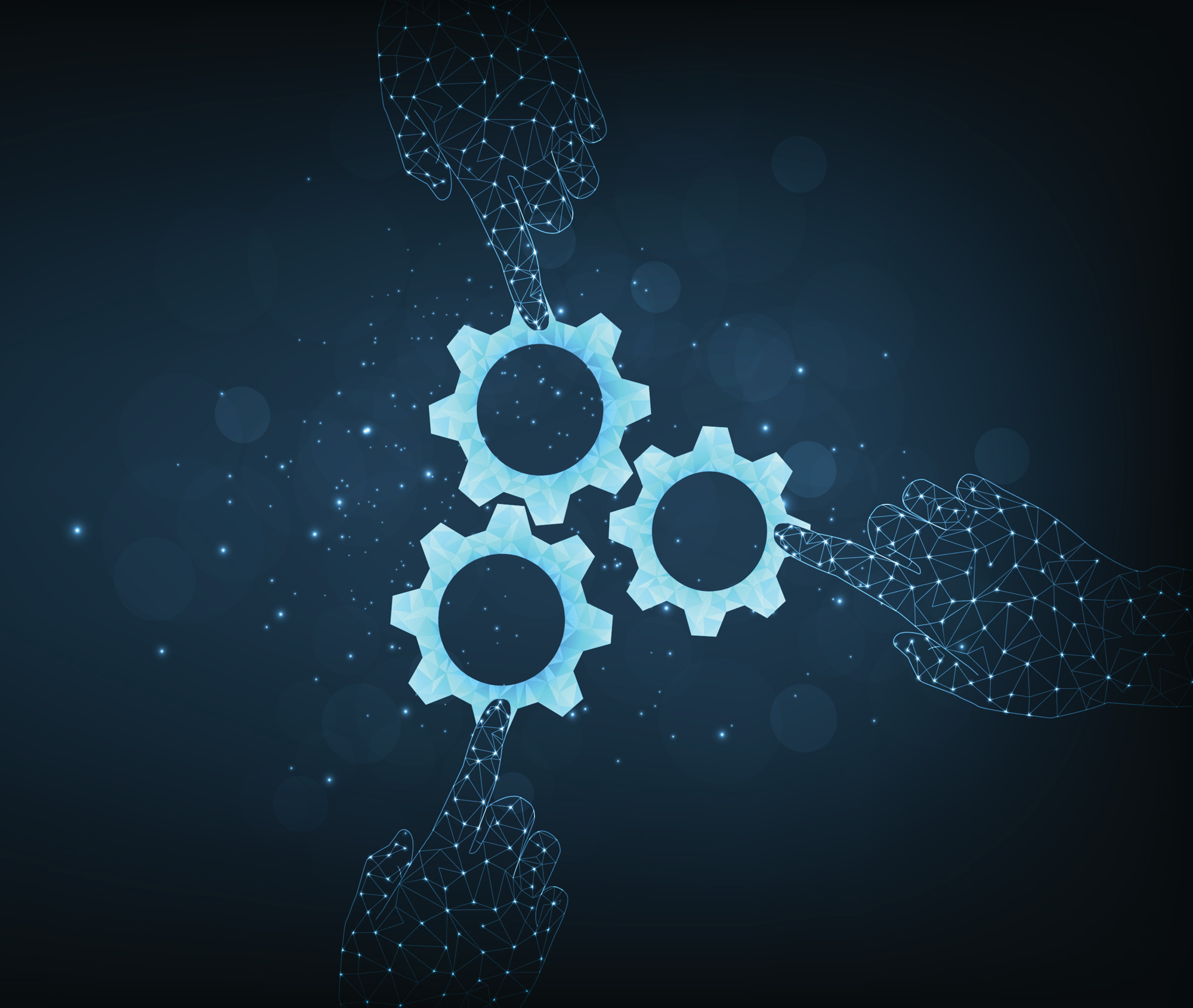CEN-CENELEC Joint Technical Committee 21 on ‘Artificial Intelligence’ created a dedicated task group (TG) dedicated to inclusiveness
On 12 July 2024, the European Union's Artificial Intelligence Act was published in the EU Official Journal, making it the first comprehensive horizontal legal framework in the world for the regulation of AI systems across the EU aiming to harmonize rules on Artificial Intelligence. As an internal market regulation, a standardization request issued by the European Commission tasks European Standardization Organizations CEN and CENELEC to develop AI standards providing the presumption of conformity to the law. The AI Act further mandates that CEN and CENELEC “take the necessary steps to facilitate an appropriate representation and effective participation of relevant stakeholders”. In this context and considering the impact AI will likely have on society at large, the dedicated CEN-CENELEC Joint Technical Committee for AI (JTC 21) has created a dedicated task group (TG) on inclusiveness to help facilitate the participation of all relevant stakeholders in AI standardization.
AI has the potential to bring important benefits and opportunities in many different areas but can also pose specific risks and raise concerns to civil society. To reap its full benefits, risks must be addressed: the involvement of societal stakeholders in standardization will help facilitate the development of trustworthy AI technologies and build trust in these technologies, by having standards that effectively reflect the different needs and concerns of society.
The aim of the task group is to elaborate recommendations to ensure and improve the inclusiveness of standards for AI and to contribute to their implementation. Inclusiveness means that all stakeholders with a particular interest in developing standards can effectively participate in their development and that their specific input and concerns are duly considered. Given the ubiquity of the technology, a large scope of diversity should be considered to reflect in particular an appropriate balance of interests between industry, academics, public authorities, professional associations, SMEs, societal stakeholders including consumers, trade unions, and environmental interests, as well as other relevant NGOs.
In practice, the inclusiveness task group, created under JTC21/WG1, acts in several directions:
- Distributing updated information on the landscape of standardization activities in international bodies. The main tool is the “AI Inclusiveness Newsletter” published since January 2024, which has reached more than 100 subscribers from various quarters of the society. ETUC, the European Trade Union Confederation, is providing secretariat and contact services for the newsletter. Requests for subscription should be addressed to TG_Inclusiveness@etuc.org. Published issues are available online:
- ETUC: https://www.etuc.org/en/artificial-intelligence-standardisation-inclusiveness-newsletter
- CEN-CENELEC JTC 21’s dedicated LinkedIn page: https://www.linkedin.com/groups/8793224/
- Raise awareness to the general public on the benefits and challenges of standardization. Gather inputs from those who are not familiar with standardization but may wish to share suggestions or express concerns. This will be achieved by dedicated webinars and workshops to be organized at a more advanced stage of the standards’ development process.
- Propose key performance indicators to help CEN-CENELEC working groups (WG) within JTC 21 to evaluate their practice of inclusiveness and monitor their progress.
The initiative of CEN-CENELEC JTC 21/WG1/TG on Inclusiveness is fully aligned with CEN and CENELEC Strategy 2030, which also identifies inclusiveness and diversity as part of their key pillars. The Task Group’s activities are also seen by the European Commission as a test-case for a better involvement of Civil Society in the standardization process. Such involvement is widely promoted within the European Commission High Level Forum (HLF) on Standardization, with which JTC 21/WG1/TG inclusiveness also works closely in the dedicated workstream on AI.
This article was written by JTC21/WG1/TG Inclusiveness.




